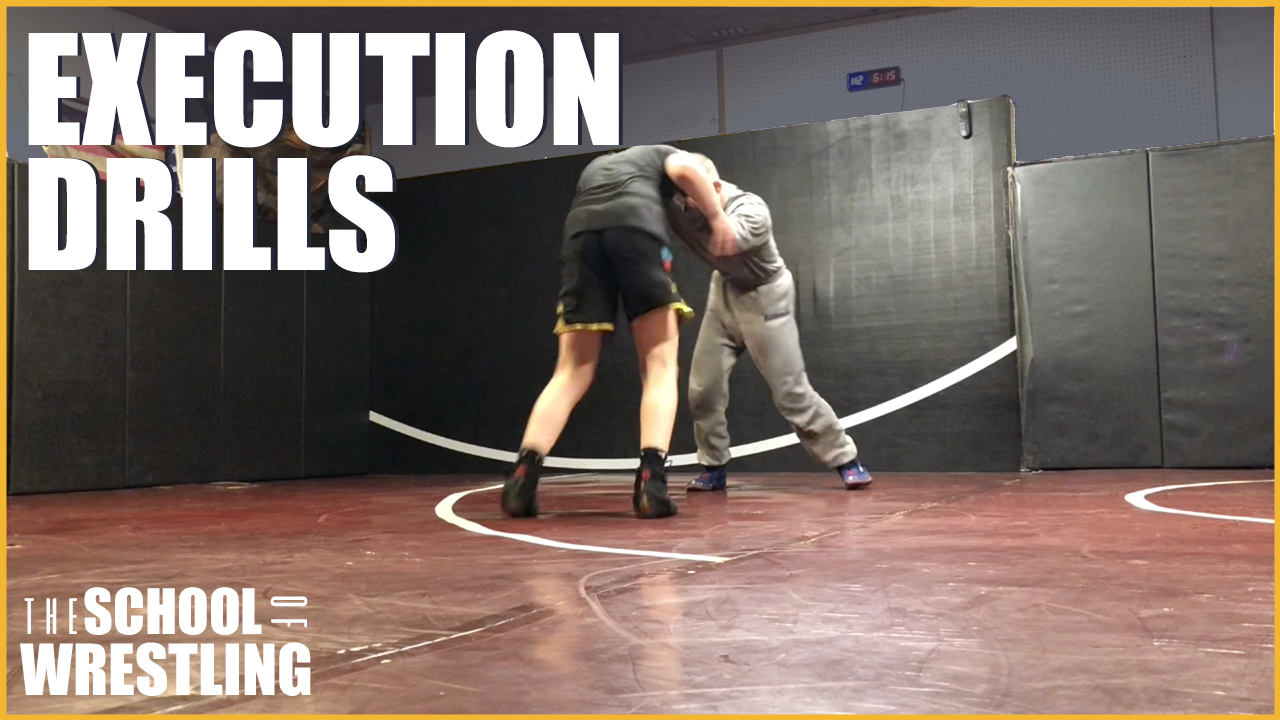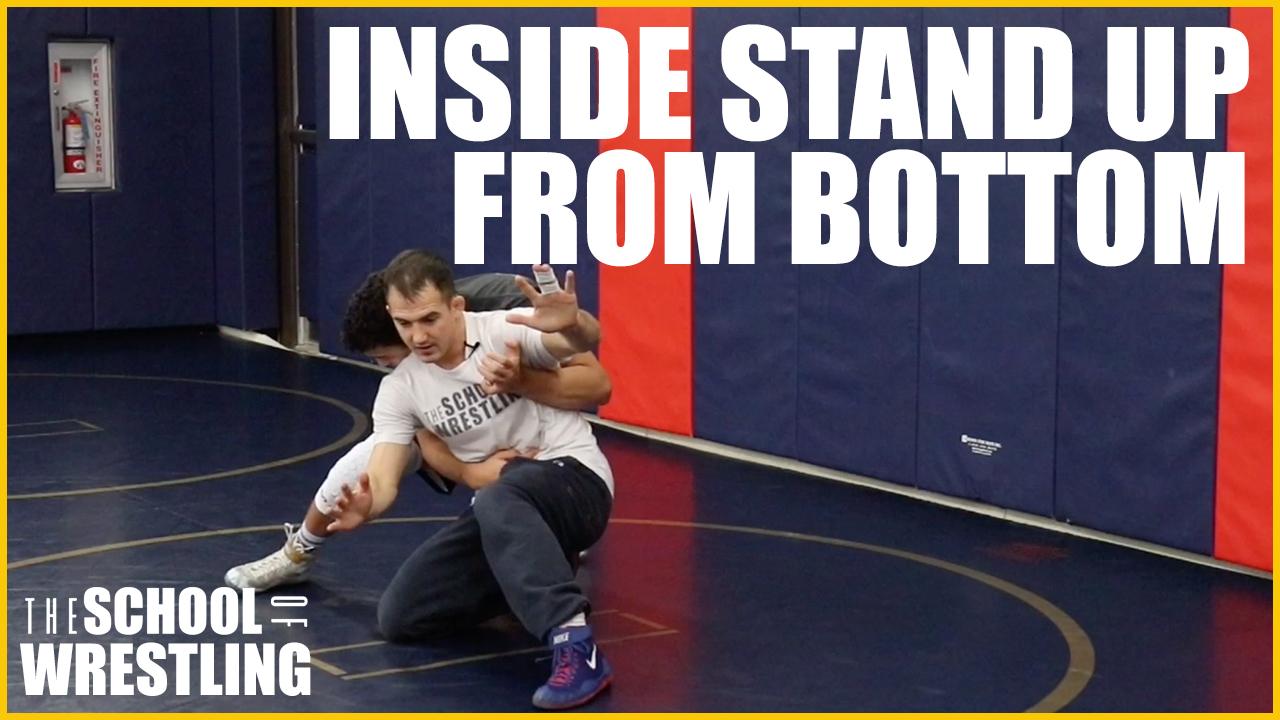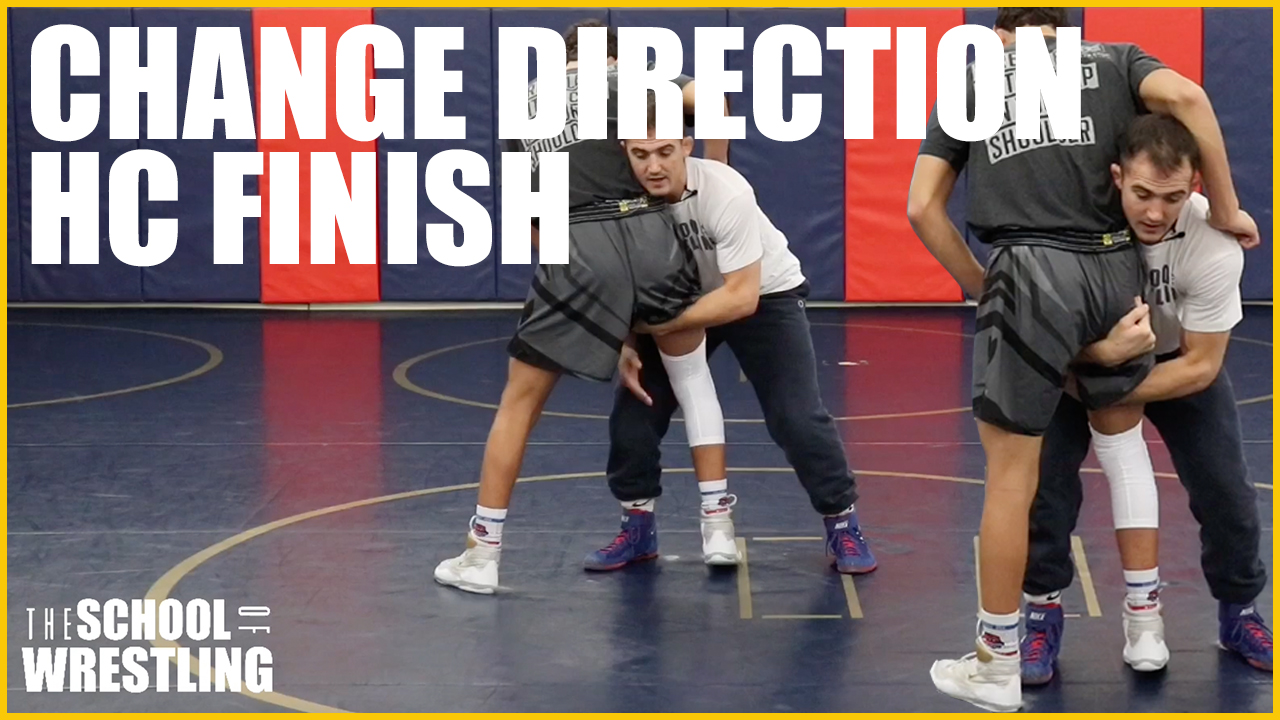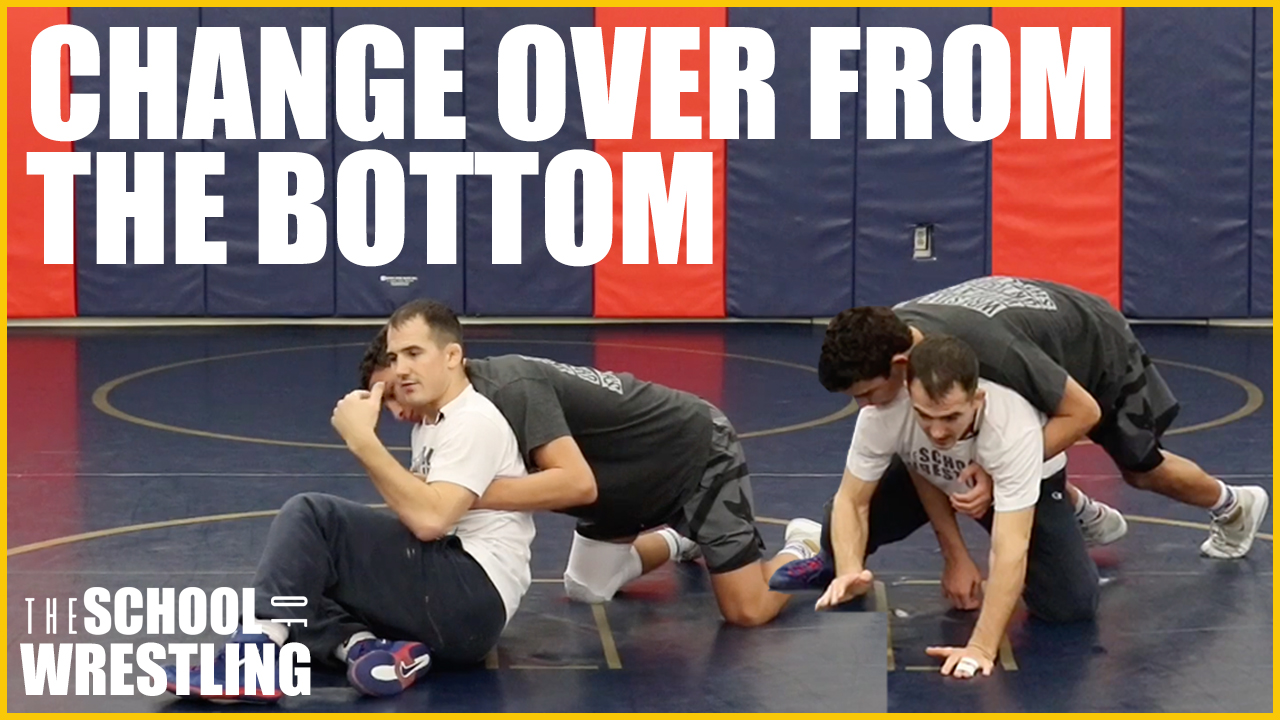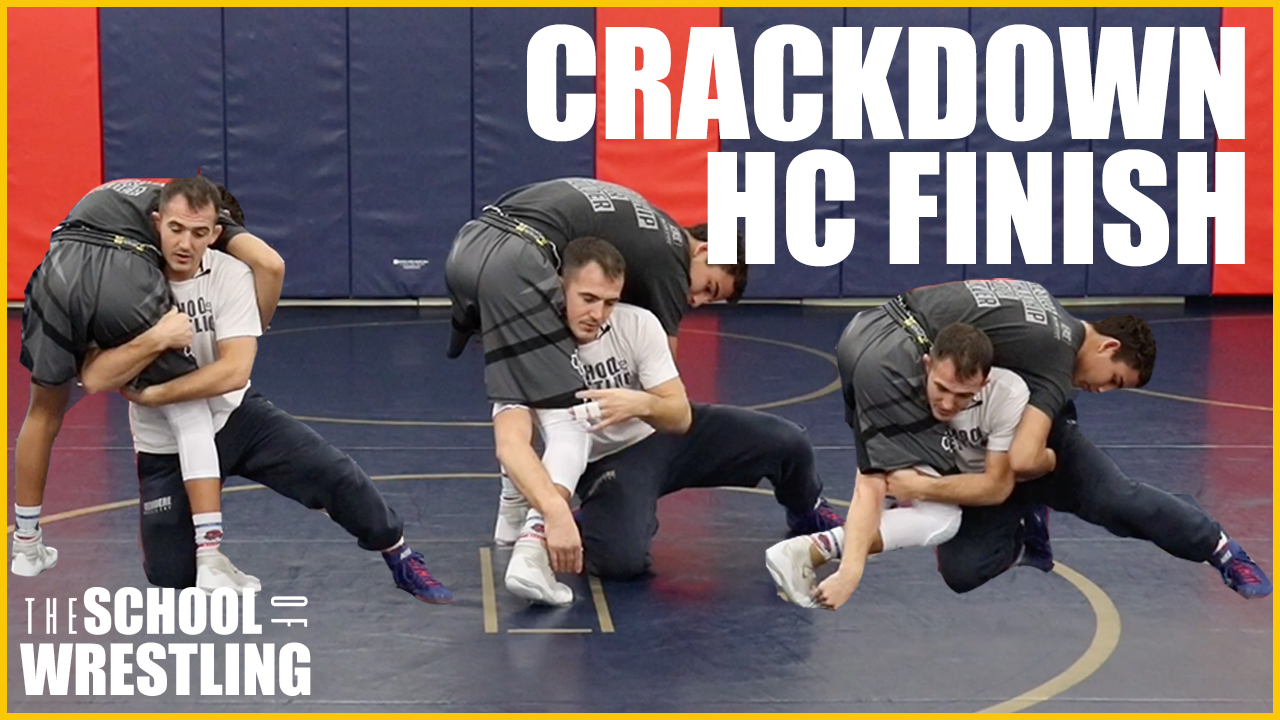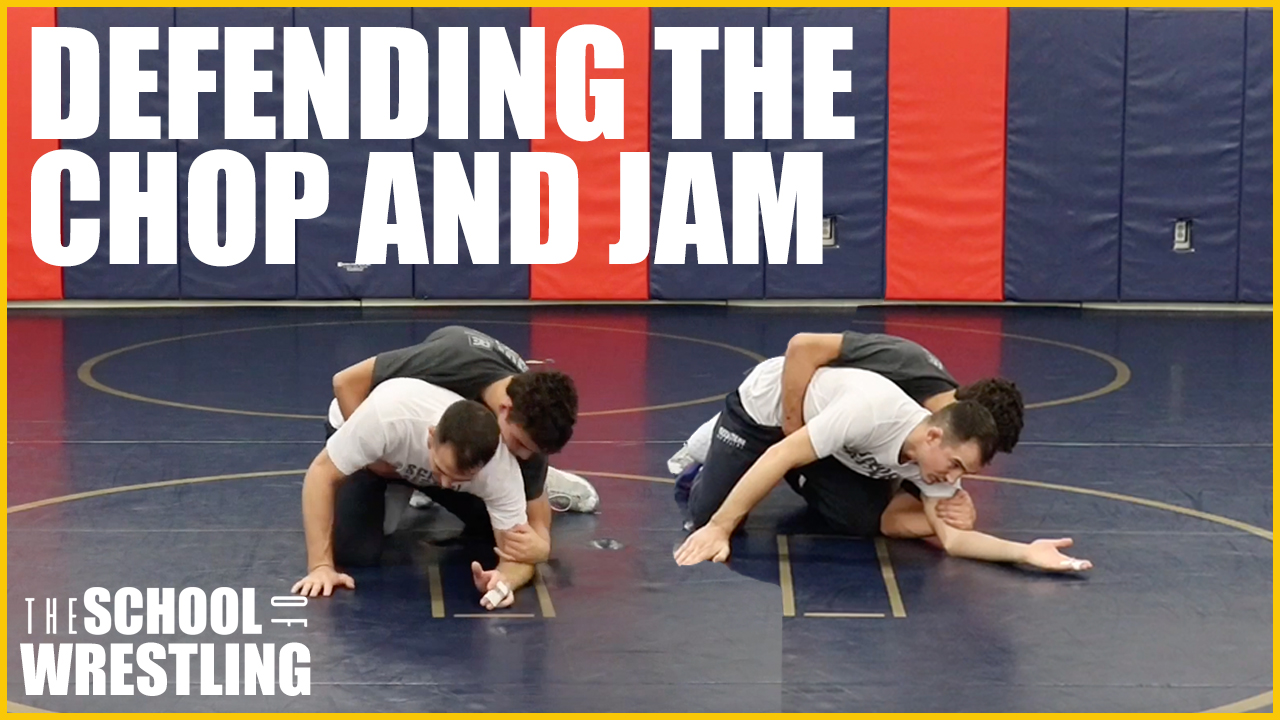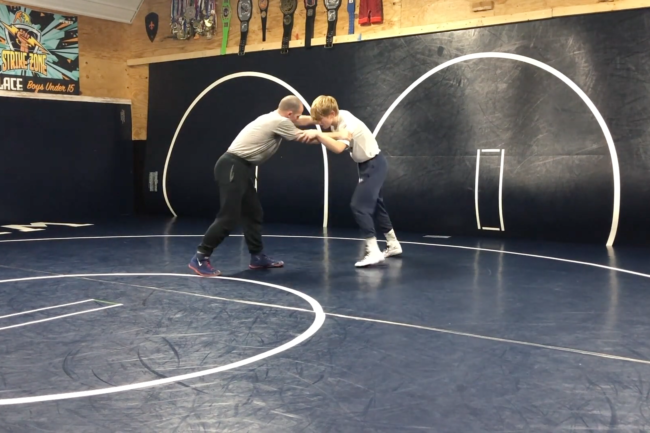Listen to this post.
Playback speed:
Repetitions hold significant value in various aspects of life. Here are a few key points highlighting the value of repetitions:
Skill Development: Repetition plays a crucial role in skill acquisition and development. By repeating a task or practicing a skill consistently, we reinforce neural pathways in the brain, enhancing muscle memory and overall proficiency. Whether it’s playing an instrument, learning a sport, or acquiring a new language, repetitions allow us to refine our abilities and achieve mastery.
Reinforcement of Knowledge: Repetition is an effective method for learning and retaining information. Repeating facts, concepts, or ideas helps reinforce them in our memory, increasing the likelihood of long-term retention. Through repetition, we solidify our understanding and build a solid foundation for further learning and application.
Improvement and Progress: Repetitions are vital for improvement and progress in any endeavor. By repeatedly engaging in a task or activity, we have the opportunity to analyze and refine our performance. Each repetition allows us to identify areas of weakness, make adjustments, and strive for incremental growth. The value lies in the continuous refinement and progress that repetition enables.
Building Habits: Repetitions form the foundation of habit formation. When we consistently repeat certain actions, they become ingrained in our daily routines, leading to the development of positive habits. By consciously repeating desired behaviors, we shape our lives in a way that aligns with our goals and values.
Confidence and Mastery: Repetitions contribute to building confidence and achieving mastery. The more we repeat a task or skill, the more familiar and comfortable we become with it. This familiarity breeds confidence and allows us to perform with greater ease and expertise. Repetitions provide the necessary groundwork for reaching a state of mastery and excelling in our chosen endeavors.
The 10,000 Repetition Rule
The 10,000 repetition rule, also known as the “10,000-hour rule” or “10,000-hour principle,” is a concept popularized by author Malcolm Gladwell in his book “Outliers.” According to Gladwell, it takes approximately 10,000 hours of deliberate practice to achieve mastery in a specific field or skill.
Gladwell’s argument is based on the idea that success and expertise are primarily the result of extensive practice and not just innate talent or intelligence. He cites examples such as The Beatles, Bill Gates, and professional athletes to support his claim that individuals who have achieved extraordinary success have typically put in thousands of hours of focused practice.
It’s important to note that the 10,000-hour rule is not a scientifically proven formula or a strict requirement for mastery in every domain. The amount of time required to become an expert can vary depending on the skill, individual aptitude, quality of practice, and other factors.
While the 10,000-hour rule has gained popularity and sparked discussions about the importance of deliberate practice, it is also subject to criticism and debate. Some argue that factors like natural talent, access to resources, and effective coaching also play significant roles in achieving expertise. Ultimately, the concept serves as a reminder of the significant commitment and effort required to excel in a particular field.
Repetitions Can Be Good For The Mind
Repetition, when approached with mindful awareness and intention, has the remarkable ability to become a meditative practice. Engaging in repetitive actions allows the mind to settle into a state of focused attention. As we repeat a specific action our attention becomes absorbed in the rhythm and pattern, creating a sense of flow and calm. The steady and predictable nature of repetition acts as an anchor, grounding our thoughts and bringing us into the present moment. Through this process, repetitive activities can cultivate a meditative state, offering a break from the busyness of the mind and nurturing a deep sense of tranquility and inner stillness.



